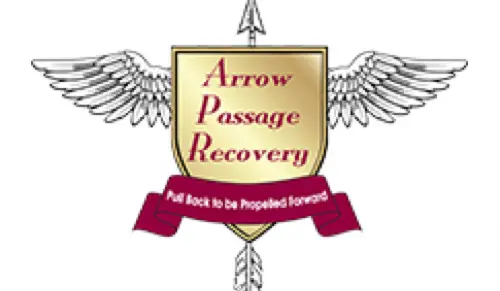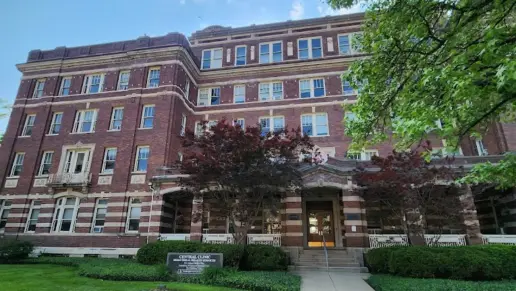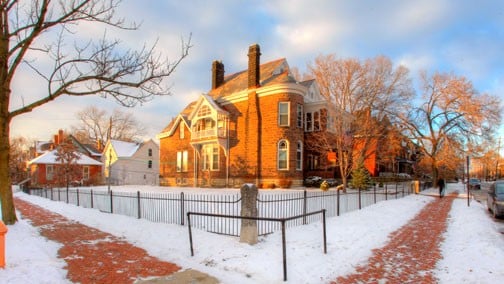This place is absolutely ridiculous. They claim that they care about people's well being, but they are just lying. Not even the psychologists care about their patients' mental health; they only prescribe you medicine and hope that will fix everything. Besides that, sometimes ...
About Harbor
Harbor Behavioral Health - 22nd Street is located in Toledo, Ohio. Harbor Behavioral Health - 22nd Street provides top level counseling for individuals, families, and children.
Harbor will build and operate an integrated continuum of community health services that will be recognized for clinical excellence, innovation, advocacy, and expanded access for all patients.
Harbor Behavioral Health – 22nd Street will improve the health and well being of individuals and families by providing the highest quality compassionate care possible.
Parent-Child Interaction Therapy (PCIT) offered at Harbor Behavioral Health – 22nd Street is an effective treatment backed by 20 years of research. It consists of 12-20 sessions and is engaging for both the parent and child. Live coaching is the primary method of training, through an earpiece, while the therapist observes the caregiver and child. Caregivers are coached by the therapist on specific play-therapy and discipline techniques.
Harbor Behavioral Health – 22nd Street’s child psychiatrists and their team can work with your child to assess the situation and perform psychological testing if appropriate.
Harbor offers many parenting groups that serve as an important part of your child’s treatment plan. These groups provide educaton about specific disorders and provide direction on the best ways to encourage appropriate behaviors. These parenting groups offer the tools to better understand a child with developmental disabilities, delays or disorders.
Latest Reviews
Rehab Score
Gallery
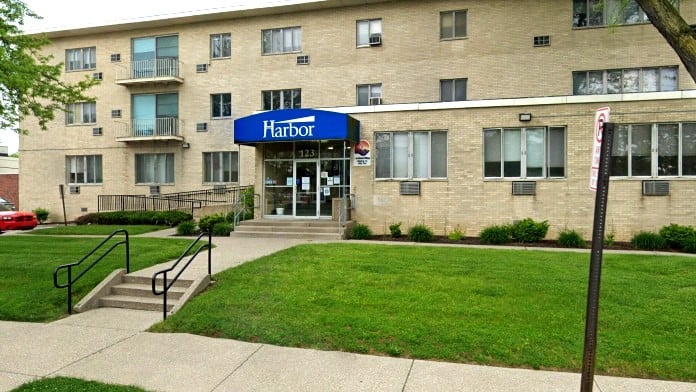
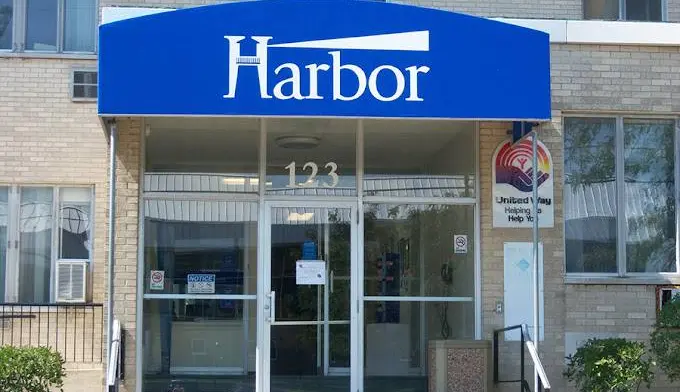
Location
Other Forms of Payment
Medicaid is a state based program that helps lower-income individuals and families pay for healthcare. Medicaid covers addiction treatment so those enrolled can use their coverage to pay for rehab. When a program accepts Medicaid the client often pays very little or nothing out of their own pocket.
Private insurance refers to any kind of healthcare coverage that isn't from the state or federal government. This includes individual and family plans offered by an employer or purchased from the Insurance Marketplace. Every plan will have different requirements and out of pocket costs so be sure to get the full details before you start treatment.
Self-pay involves paying for treatment out of your own pocket. You can use savings or credit, get a personal loan, or receive help from family and friends to fund your treatment. If you don't have insurance or your insurance plan doesn't cover a specific program, self-pay can help ensure you still get the care you need.
Medicare is a federal program that provides health insurance for those 65 and older. It also serves people under 65 with chronic and disabling health challenges. To use Medicare for addiction treatment you need to find a program that accepts Medicare and is in network with your plan. Out of pocket costs and preauthorization requirements vary, so always check with your provider.
Military members, veterans, and eligible dependents have access to specific insurance programs that help them get the care they need. TRICARE and VA insurance can help you access low cost or no cost addiction and mental health treatment. Programs that accept military insurance often have targeted treatment focused on the unique challenges military members, veterans, and their families face.
Financial aid can take many forms. Centers may have grants or scholarships available to clients who meet eligibility requirements. Programs that receive SAMHSA grants may have financial aid available for those who need treatment as well. Grants and scholarships can help you pai for treatment without having to repay.
Sliding scale payments are based on a client's income and family size. The goal is to make treatment affordable to everyone. By taking these factors into account, addiction recovery care providers help ensure that your treatment does not become a financial burden to you or your family, eliminating one barrier to care.
Addiction Treatments
Levels of Care
Treatments
Many of those suffering from addiction also suffer from mental or emotional illnesses like schizophrenia, bipolar disorder, depression, or anxiety disorders. Rehab and other substance abuse facilities treating those with a dual diagnosis or co-occurring disorder administer psychiatric treatment to address the person's mental health issue in addition to drug and alcohol rehabilitation.
Mental health rehabs focus on helping individuals recover from mental illnesses like bipolar disorder, clinical depression, anxiety disorders, schizophrenia, and more. Mental health professionals at these facilities are trained to understand and treat mental health issues, both in individual and group settings.
Programs


Clinical Services
Cognitive Behavioral Therapy (CBT) is a therapy modality that focuses on the relationship between one's thoughts, feelings, and behaviors. It is used to establish and allow for healthy responses to thoughts and feelings (instead of unhealthy responses, like using drugs or alcohol). CBT has been proven effective for recovering addicts of all kinds, and is used to strengthen a patient's own self-awareness and ability to self-regulate. CBT allows individuals to monitor their own emotional state, become more adept at communicating with others, and manage stress without needing to engage in substance abuse.
AOD treatment starts with an assessment to determine the person’s individual treatment needs. Services are provided based on the person’s treatment needs and according to the individual treatment plan created together by the client and staff. Research clearly demonstrates that recovery is far more successful and sustainable when loved ones like family members participate in rehab and substance abuse treatment.
Group therapy is any therapeutic work that happens in a group (not one-on-one). There are a number of different group therapy modalities, including support groups, experiential therapy, psycho-education, and more. Group therapy involves treatment as well as processing interaction between group members.
In individual therapy, a patient meets one-on-one with a trained psychologist or counselor. Therapy is a pivotal part of effective substance abuse treatment, as it often covers root causes of addiction, including challenges faced by the patient in their social, family, and work/school life.
Life skills trainings involve all the skills a person must have in order to function successfully in the world. The YES Program includes both job placement and retention activities. Job development activities include: job readiness and job-seeking skills classes, job development and job placement. Retention activities include not only follow-along to intervene as needed with the employer and youth, but also life skills classes (eg, parenting skills, anger management, pregnancy prevention, and budgeting) and case management services to address non-work needs of participants such as transportation, child care, and other supports.
Motivational Interviewing (MI) is a clinical approach to helping people with substance abuse issues and other conditions shift behavior in positive ways. It is more goal-oriented than traditional psychotherapy, as MI counselors directly attempt to get clients to consider making behavioral change (rather than wait for them to come to conclusions themselves). Its primary purpose is to resolve ambivalence and help clients become able to make healthy choices freely.
Recreational therapy (aka therapeutic recreation) uses creative and fun activities to help with addiction recovery. Recreational therapists lead patients in entertaining and engaging activities like sports or games; art (drawing, painting, sculpture); drama, music, and dance; and/or community outings (field trips) to improve patients' physical, social, and emotional well-being.
Trauma therapy addresses traumatic incidents from a client's past that are likely affecting their present-day experience. TF-CBT (Trauma Focused-Cognitive Behavioral Therapy) is a short-term treatment typically provided in 12 to 18 sessions of 60 to 90 minutes, depending on treatment needs. The intervention is typically provided in our office, but it has been used in community and in-home settings.
Amenities
-
Private Setting
Accreditations

The Commission on Accreditation of Rehabilitation Facilities (CARF) is a non-profit organization that specifically accredits rehab organizations. Founded in 1966, CARF's, mission is to help service providers like rehab facilities maintain high standards of care.
CARF Accreditation: Yes
Contact Information
123 22nd Street
Toledo OH, 43604
